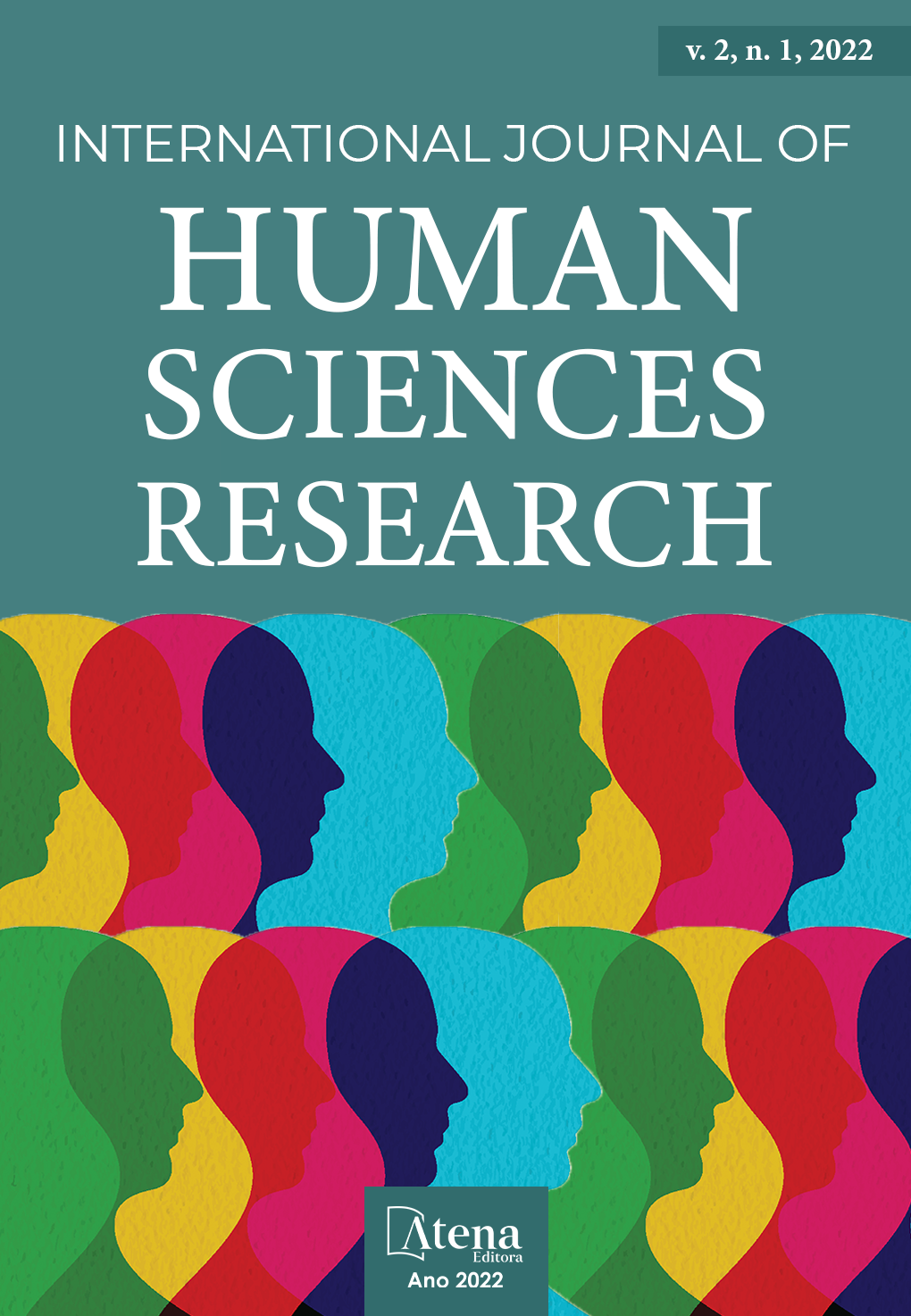
TEACHING PHILOSOPHY AND BILINGUALISM: DILEMMAS AND CHALLENGES OF PHILOSOPHICAL RECEPTION
Is it possible to teach philosophy for deaf students? What are the minimum conditions necessary for the deaf student to learn the philosophical contents proposed in high school programs? Here are the central issues of this article. It is about analyzing the possibilities of teaching philosophy from the perspective of bilingualism and verifying the reception of philosophical contents by deaf students in high school. For this, both legislation is analyzed (Law 10436/2002, Decree 5626/2005 and Law No. 13.146) related to inclusion, culture and deaf identity and their impact on the school space, such as the teaching-pedagogical process used in classes by teachers of the philosophy of basic education in the State of Paraná. Among other conclusions, the study points to the need to provide specific training for teachers in relation to the theoretical and methodological field regarding the care of deaf students throughout the teaching and learning process.
TEACHING PHILOSOPHY AND BILINGUALISM: DILEMMAS AND CHALLENGES OF PHILOSOPHICAL RECEPTION
-
DOI: 10.22533/at.ed.558212210013
-
Palavras-chave: Teaching Philosophy; Deaf culture; Philosophical reception; Bilingualism, inclusion.
-
Keywords: Teaching Philosophy; Deaf culture; Philosophical reception; Bilingualism, inclusion.
-
Abstract:
Is it possible to teach philosophy for deaf students? What are the minimum conditions necessary for the deaf student to learn the philosophical contents proposed in high school programs? Here are the central issues of this article. It is about analyzing the possibilities of teaching philosophy from the perspective of bilingualism and verifying the reception of philosophical contents by deaf students in high school. For this, both legislation is analyzed (Law 10436/2002, Decree 5626/2005 and Law No. 13.146) related to inclusion, culture and deaf identity and their impact on the school space, such as the teaching-pedagogical process used in classes by teachers of the philosophy of basic education in the State of Paraná. Among other conclusions, the study points to the need to provide specific training for teachers in relation to the theoretical and methodological field regarding the care of deaf students throughout the teaching and learning process.
-
Número de páginas: 17
- Geraldo Balduino Horn
- Sueli de Fatima Fernandes
- Edson Teixeira de Rezende


